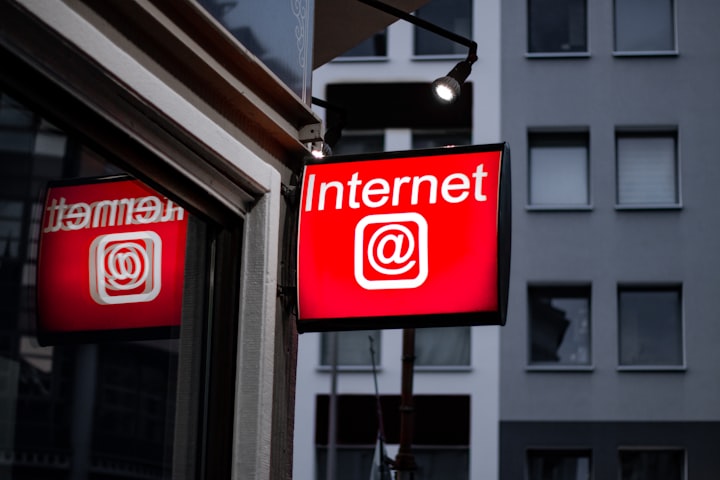
The Internet is the decisive technology of the Information Age, and with the explosion of wireless communication in the early twenty-first century, we can say that humankind is now almost entirely connected, albeit with great levels of inequality in bandwidth, efficiency, and price.
People, companies, and institutions feel the depth of this technological change, but the speed and scope of the transformation has triggered all manner of utopian and dystopian perceptions that, when examined closely through methodologically rigorous empirical research, turn out not to be accurate. For instance, media often report that intense use of the Internet increases the risk of isolation, alienation, and withdrawal from society, but available evidence shows that the Internet neither isolates people nor reduces their sociability; it actually increases sociability, civic engagement, and the intensity of family and friendship relationships, in all cultures.Our current “network society” is a product of the digital revolution and some major sociocultural changes. One of these is the rise of the “Me-centered society,” marked by an increased focus on individual growth and a decline in community understood in terms of space, work, family, and ascription in general. But individuation does not mean isolation, or the end of community. Instead, social relationships are being reconstructed on the basis of individual interests, values, and projects. Community is formed through individuals’ quests for like-minded people in a process that combines online interaction with offline interaction, cyberspace, and the local space.Globally, time spent on social networking sites surpassed time spent on e-mail in November 2007, and the number of social networking users surpassed the number of e-mail users in July 2009. Today, social networking sites are the preferred platforms for all kinds of activities, both business and personal, and sociability has dramatically increased — but it is a different kind of sociability. Most Facebook users visit the site daily, and they connect on multiple dimensions, but only on the dimensions they choose. The virtual life is becoming more social than the physical life, but it is less a virtual reality than a real virtuality, facilitating real-life work and urban living.Because people are increasingly at ease in the Web’s multidimensionality, marketers, government, and civil society are migrating massively to the networks people construct by themselves and for themselves. At root, social-networking entrepreneurs are really selling spaces in which people can freely and autonomously construct their lives. Sites that attempt to impede free communication are soon abandoned by many users in favor of friendlier and less restricted spaces.Perhaps the most telling expression of this new freedom is the Internet’s transformation of sociopolitical practices. Messages no longer flow solely from the few to the many, with little interactivity. Now, messages also flow from the many to the many, multimodally and interactively. By disintermediating government and corporate control of communication, horizontal communication networks have created a new landscape of social and political change.
Networked social movements have been particularly active since 2010, notably in the Arab revolutions against dictatorships and the protests against the management of the financial crisis. Online and particularly wireless communication has helped social movements pose more of a challenge to state power.The Internet and the Web constitute the technological infrastructure of the global network society, and the understanding of their logic is a key field of research. It is only scholarly research that will enable us to cut through the myths surrounding this digital communication technology that is already a second skin for young people, yet continues to feed the fears and the fantasies of those who are still in charge of a society that they barely understand.The Internet has turned our existence upside down. It has revolutionized communications, to the extent that it is now our preferred medium of everyday communication. In almost everything we do, we use the Internet. Ordering a pizza, buying a television, sharing a moment with a friend, sending a picture over instant messaging. Before the Internet, if you wanted to keep up with the news, you had to walk down to the newsstand when it opened in the morning and buy a local edition reporting what had happened the previous day. But today a click or two is enough to read your local paper and any news source from anywhere in the world, updated up to the minute.The emergence of web 2.0 in the first decade of the twenty-first century was itself a revolution in the short history of the Internet, fostering the rise of social media and other interactive, crowd-based communication tools.
The Internet was no longer concerned with information exchange alone: it was a sophisticated multidisciplinary tool enabling individuals to create content, communicate with one another, and even escape reality. Today, we can send data from one end of the world to the other in a matter of seconds, make online presentations, live in parallel “game worlds,” and use pictures, video, sound, and text to share our real lives, our genuine identity. Personal stories go public; local issues become global.





Comments
There are no comments for this story
Be the first to respond and start the conversation.